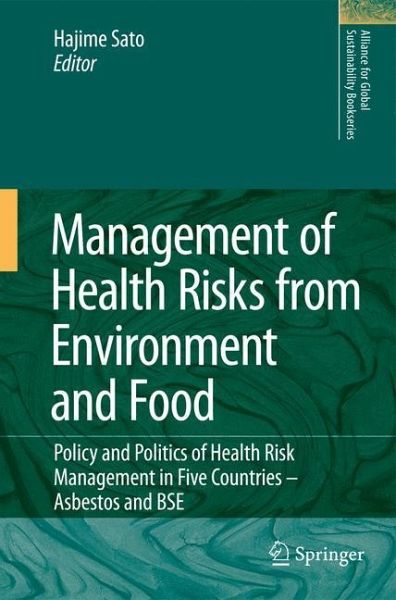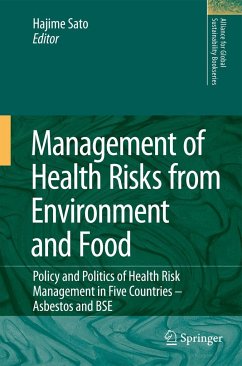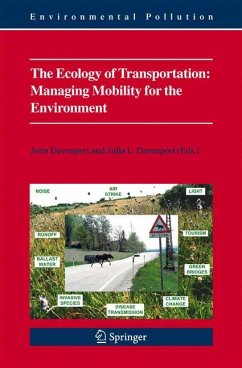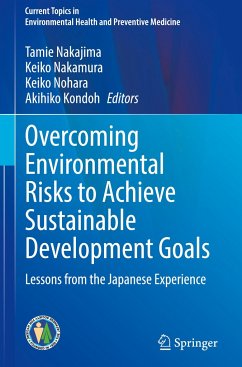
Management of Health Risks from Environment and Food
Policy and Politics of Health Risk Management in Five Countries -- Asbestos and BSE
Herausgegeben: Sato, Hajime

PAYBACK Punkte
57 °P sammeln!
This book examines the policy and politics of two health risks, which have recently become prominent social issues in many countries. One is the issue of asbestos as an environmental risk to humans, and another is that of bovine spongiform encephalitis (BSE), or mad cow disease as an animal disease, and of its variant Creutzfeldt-Jakob disease (CJD) as a human food risk. Employing a set of analytical frameworks in political science, each case study explores how the issues emerged, agendas got set, alternatives were chosen, and policies were implemented. Through the analysis, it is examined how...
This book examines the policy and politics of two health risks, which have recently become prominent social issues in many countries. One is the issue of asbestos as an environmental risk to humans, and another is that of bovine spongiform encephalitis (BSE), or mad cow disease as an animal disease, and of its variant Creutzfeldt-Jakob disease (CJD) as a human food risk. Employing a set of analytical frameworks in political science, each case study explores how the issues emerged, agendas got set, alternatives were chosen, and policies were implemented. Through the analysis, it is examined how safety and public reassurance were pursued in the countries studied (Japan, the UK, France the USA, and Korea). Exploration of the successes and failures in their efforts discloses the key elements to successful health risk management.














